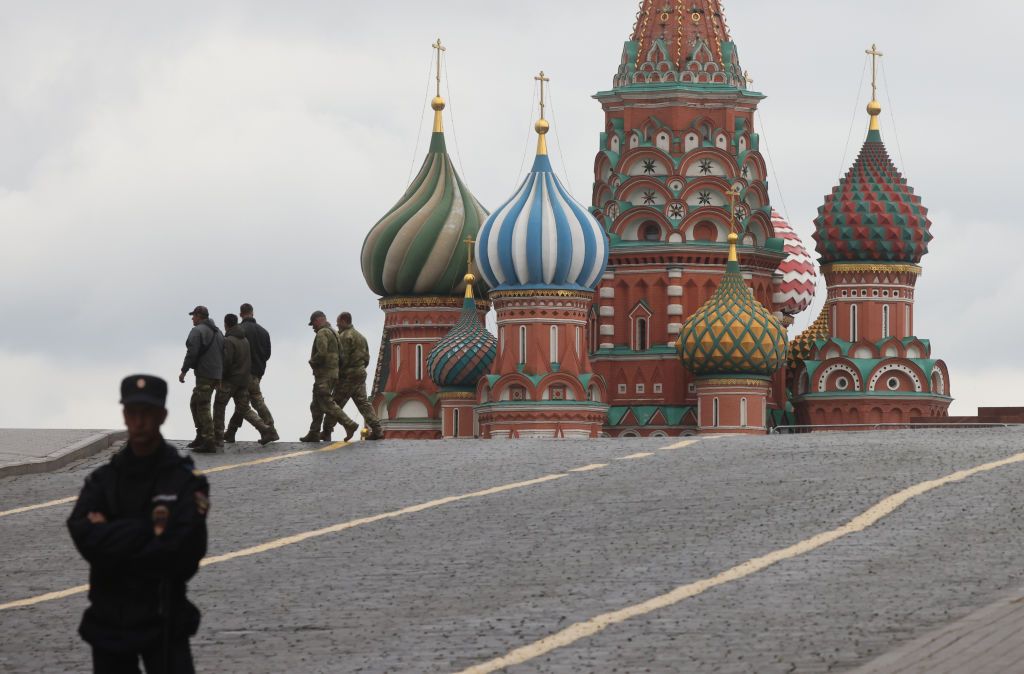Recently, the US announced that it will be expanding sanctions against Russia to cut off the supply of semiconductors to Moscow’s war industry. This move aims to further restrict Russia’s access to key technology needed for its military efforts in Ukraine. These sanctions will target entities and networks that are supporting Russia’s war machine and will have a significant impact on the country’s ability to obtain US-branded technology. Despite existing export controls and restrictions, Russia has been able to acquire these technologies from third-party sellers in countries like China and use them in the production of weapons such as missiles that are used in the conflict in Ukraine.
Russia has been attempting to evade sanctions by using third-party entities in countries like China, Central Asia, Turkey, and the United Arab Emirates. The Russian central bank’s SPFS system, established in 2014 after Russia was disconnected from SWIFT in 2022, has become an important tool for these transactions. In response, Kyiv and its partners have focused on banks suspected of facilitating these transactions, leading to tighter restrictions and a decrease in Russian imports. The US Deputy Treasury Secretary recently visited Ukraine to discuss plans to strengthen sanctions against Russia and further cut off its access to key technologies.
In Ukraine, efforts are being made to bolster front-line troops by allowing inmates convicted of certain felonies to serve in the military. For example, Taras Netavrovanyi, an inmate at the Zhytomyr medium-security prison, seized the opportunity to join the military and potentially shorten his sentence. This new legislation aims to recruit willing participants from the prison population to support Ukraine’s defense against Russian aggression. These efforts highlight the commitment of Ukrainians to defend their country and the innovative measures being taken to strengthen the front-line troops.
Western countries have imposed extensive economic restrictions on Russia in response to its full-scale invasion of Ukraine. These measures are designed to curb Russia’s state revenue and prevent it from obtaining crucial technologies necessary for its war efforts. The widening of sanctions against Russia, including targeting entities that support its military efforts, shows the continued efforts to increase pressure on Moscow and drive up costs for its war machine. Despite Russia’s attempts to circumvent these sanctions through third-party entities, the international community remains committed to holding Russia accountable for its actions in Ukraine.
The role of technology in modern warfare has become increasingly important, with semiconductors playing a key role in the production of weapons and military equipment. By targeting Russia’s access to semiconductors, the US and other Western countries are directly impacting Moscow’s ability to sustain its military operations in Ukraine. These efforts are part of a broader strategy to weaken Russia’s war machine and help defend Ukraine against Russian aggression. The continued collaboration between Western countries and Ukraine on sanctions and military support demonstrates the unity and determination of the international community to stand against Russian aggression.
Overall, the escalation of sanctions against Russia, the recruitment efforts within Ukrainian prisons, and the focus on cutting off Russia’s access to key technologies all highlight the ongoing conflict in Ukraine and the international community’s response to Russian aggression. As the situation continues to evolve, it is clear that the fight for Ukraine’s independence and sovereignty is a global effort that requires cooperation, innovation, and resilience. By supporting independent journalism in Ukraine and staying informed about the developments in the conflict, individuals can play a crucial role in standing with Ukraine in this critical time.


